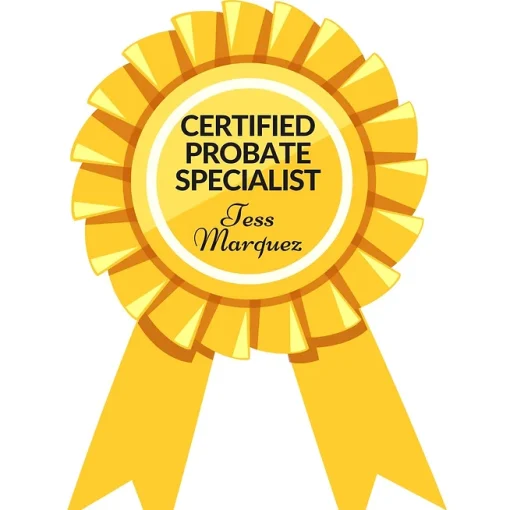The sale of a property through probate proceedings is a legal process that occurs when a property owner passes away, and their estate goes through probate.
Probate is the legal process of administering a deceased person’s estate, including the distribution of assets, payment of debts, and resolution of any legal matters. When a property is part of the deceased person’s estate, it may need to be sold as part of the probate process.
During probate proceedings, the court oversees the administration of the estate and ensures that the deceased person’s assets are properly distributed according to their will or state laws if there is no will in place. If the deceased person owned real estate, the court may authorize the sale of the property to generate funds to pay off debts, taxes, or distribute the proceeds to the beneficiaries.
The sale of a property through probate proceedings involves several steps and requirements:
Appointment of an Executor or Administrator
The court appoints an executor or administrator to oversee the probate process. This person is responsible for managing the estate, including the sale of the property.
Property Valuation
The property’s value is determined through a professional appraisal or other valuation methods. This helps establish a fair market price for the property.
Court Approval
The executor or administrator must petition the court and provide supporting documentation, including the appraisal report and proposed terms of sale.
Marketing and Listing
Once the court approves the sale, the property is typically listed on the market. The executor or administrator works with a real estate agent or broker to market the property and find potential buyers.
Sale Process
Potential buyers submit offers, and the executor or administrator evaluates and negotiates the offers. Once an acceptable offer is received, the court may require an additional hearing or review to ensure the sale is fair and in the best interest of the estate.
Closing the Sale
Once all necessary approvals are obtained, the sale proceeds like a typical real estate transaction. The property is transferred to the buyer, and the proceeds are used to pay off any outstanding debts, taxes, and distribution to beneficiaries as determined by the court.
It’s important to note that the specific probate laws and procedures may vary depending on the jurisdiction. Consulting with a probate attorney or legal professional experienced in probate proceedings can provide guidance and ensure compliance with local regulations.
The sale of a property through probate proceedings can be a complex and time-consuming process. It involves legal requirements, court oversight, and careful management of the estate. If you find yourself involved in a probate sale, seeking professional advice can help navigate the process smoothly and ensure the best outcome for all parties involved.

